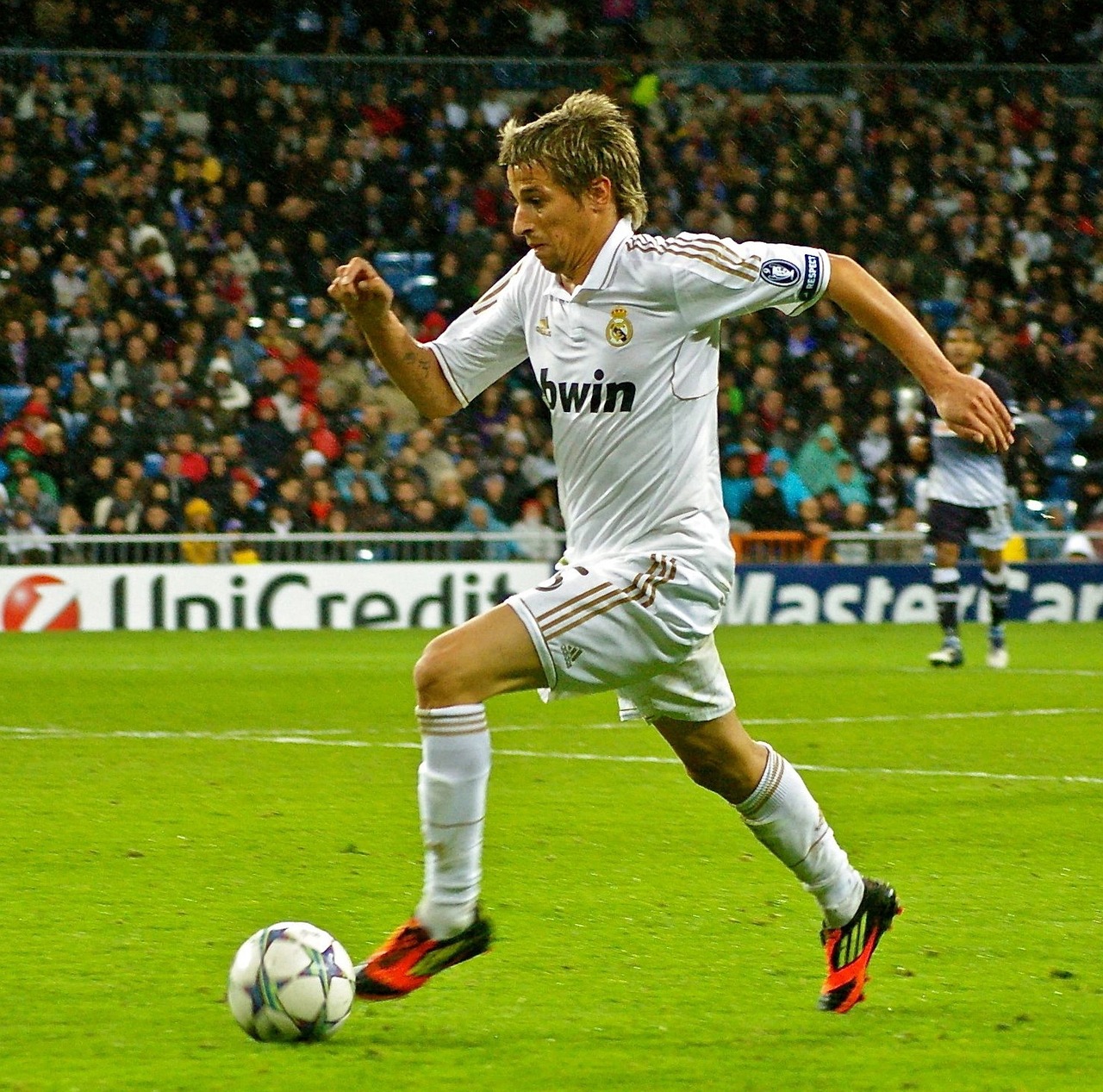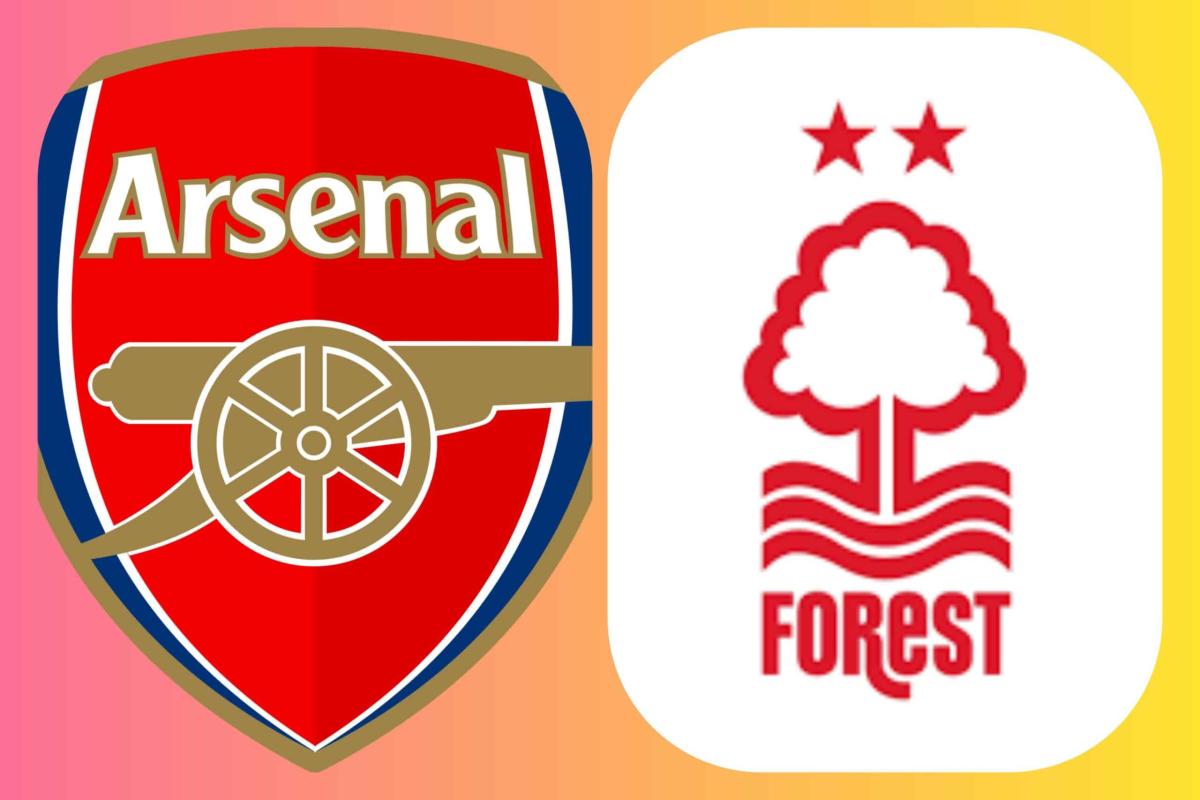Football fans around the world are once again questioning the integrity of officiating after Atlético Madrid’s dramatic UEFA Champions League exit at the hands of Real Madrid. The match ended in a penalty shootout, but the defining moment of the game was not a goal, a save, or even a tactical masterclass. It was a decision by the Video Assistant Referee (VAR) that left Atlético’s players, staff, and fans furious.
The controversy centers on Julián Álvarez’s penalty attempt. As he ran up to take his shot, he slipped and, in the process, appeared to make two separate contacts with the ball. Despite the ball hitting the back of the net, the referee, after reviewing the footage with VAR, ruled the goal out. According to the rules, a penalty kick must be taken with a single touch; any second contact before another player intervenes makes it invalid. The decision turned the tide in Real Madrid’s favor, ultimately leading to Atlético’s elimination.
Diego Simeone, never one to shy away from speaking his mind, did not hold back in his post-match remarks. He openly challenged journalists, asking if any of them had actually seen the double touch with their own eyes. His implication was clear—if the decision was based on unclear footage, should such a crucial call have been made? Atlético fans argue that the supposed double contact was imperceptible to the naked eye and should not have determined the outcome of such a high-stakes game.
The controversy has reignited the debate about VAR’s role in football. While the technology was introduced to eliminate errors and ensure fairness, it often raises more questions than it answers. Critics argue that instead of making the game fairer, VAR decisions frequently disrupt the flow of matches and create new layers of subjective interpretation. In this case, Atlético fans feel the system worked against them rather than in the spirit of justice.
Real Madrid, on the other hand, benefitted from the ruling and secured their spot in the quarter-finals. Their players and supporters will argue that rules are rules, and the call was technically correct. However, the broader question remains: should such microscopic infractions, often unnoticed in real-time, be the deciding factor in a team’s Champions League fate?
Football thrives on passion, rivalry, and high-stakes drama, but when results hinge on VAR interventions that are far from conclusive, it leaves fans feeling robbed rather than entertained. The debate over VAR’s effectiveness is far from over, and Atlético Madrid may have just become the latest victim of a system that was meant to prevent injustices but often creates them instead.
The biggest question now is: will UEFA and FIFA acknowledge the growing frustrations with VAR, or will football continue to be ruled by the cold, clinical eye of technology, even when it fails to provide clarity?





